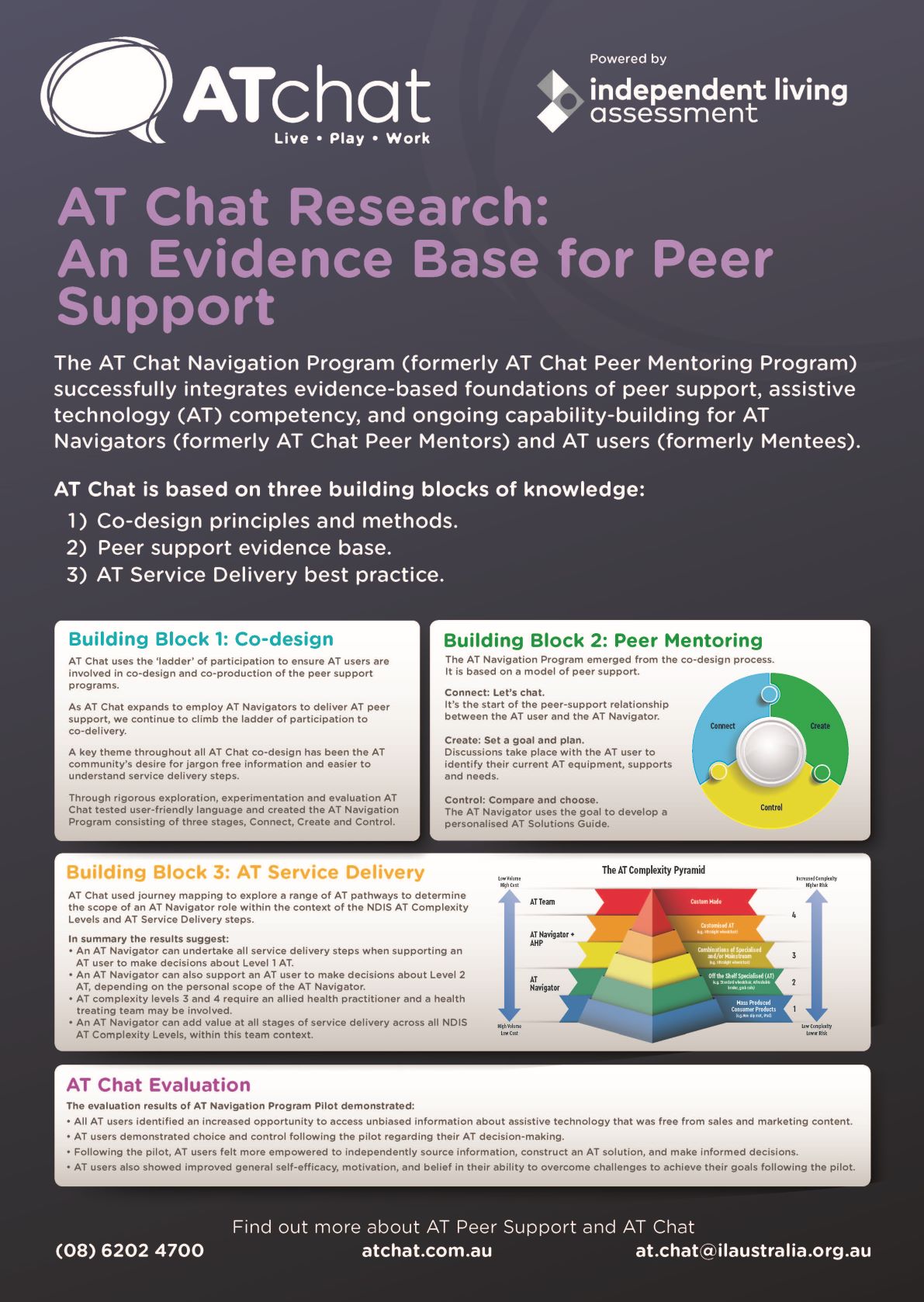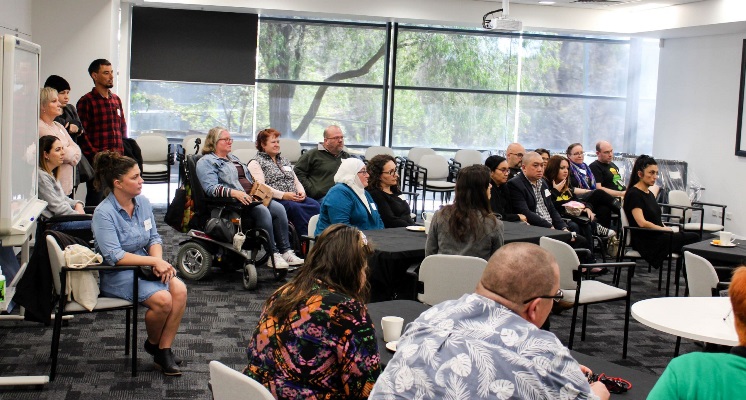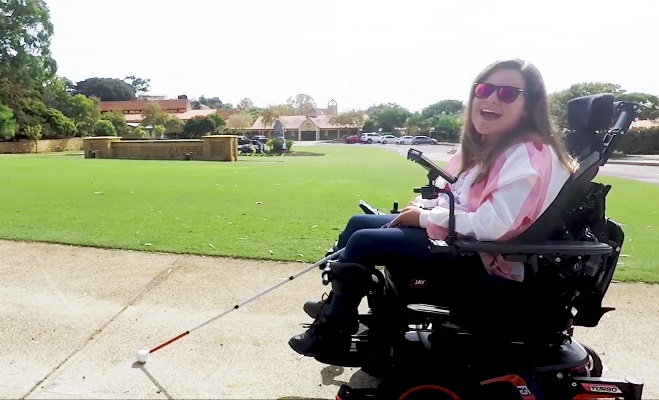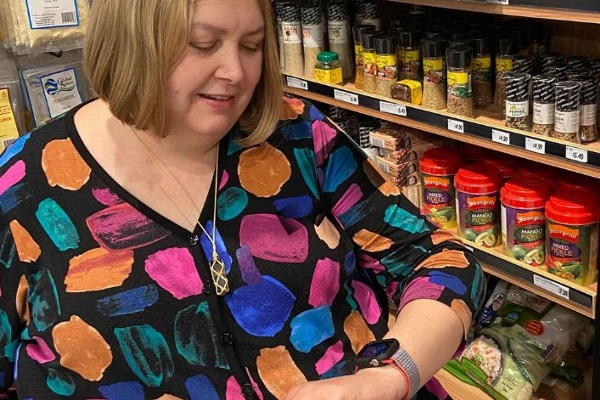Our Research
Sharing outcomes with the community
Research Objective
AT Chat's research objective was to co-design an assistive technology decision making support model with end users. This model would respond to individual capacity; facilitate choice and control; and recognise changing capacity.
AT Chat used a Living Labs method to explore the evidence base and design and test the peer support model. Numerous iterations based on co-design methodologies led to AT Navigation Program (formerly AT Chat Peer Mentoring Program) and guided the pilot conducted in early 2020.
Building Blocks of Knowledge
AT Chat is based on three building blocks of knowledge:
- Co-design principles and methods.
- Peer Support evidence base.
- AT Service Delivery best practice
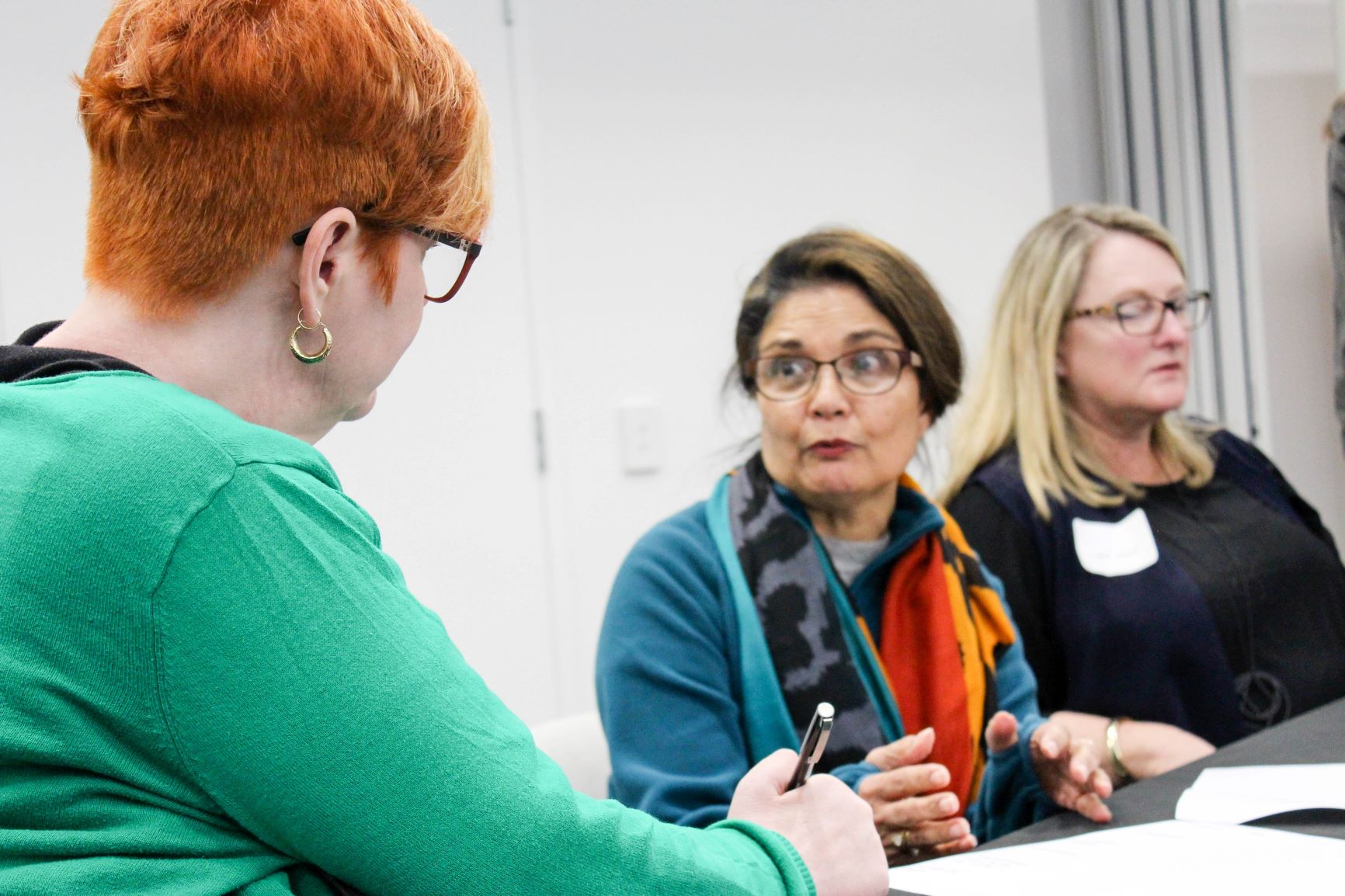
Co-produced Research
AT Chat represents an important enactment of co-production in the assistive technology arena. The AT Chat Peer Support Model is evidence based and has successfully developed the AT Navigation Program.
The AT Navigation Program creates employment roles for AT Navigators (formerly called AT Chat Peer Mentors) and integrates their role accordingly to the best practice of AT service delivery.
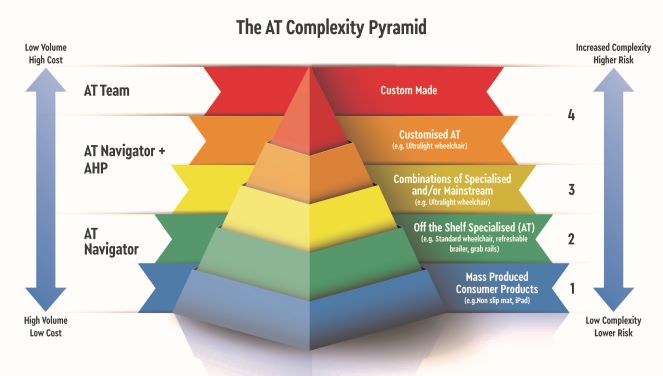
Prototyping
AT Chat used journey mapping to explore a range of AT pathways to determine the scope of an AT Navigator role within the context of the NDIS AT Complexity Levels and AT Service Delivery steps. AT Chat conducted a user driven prototyping session to explore how AT users would see the AT Navigation Program being delivered.
The AT Navigation Program Pilot Evaluation
AT Chat completed its first nationwide AT Navigation Program Pilot in 2020. The pilot was run during the challenging conditions of COVID-19. An in-depth research-based evaluation of the Pilot Program was conducted with AT Chat’s research partner Dr Natasha Layton, Swinburne University.
The AT Navigation Program Pilot demonstrated positive indicative evidence about the value of peer support for AT related decision making for both AT users and the service systems more broadly.
Future Directions
AT Chat has begun implementing the AT Navigation Program Pilot findings from the evaluations. This has included the development of an online learning system for AT users and AT Navigators.
AT Chat presented our findings at the recent PWDWA Inaugural State Conference. Watch our presentation here: AT Chat mentor Clint Morgan and mentee Danielle Meecham share their experiences with Kristy Harper
